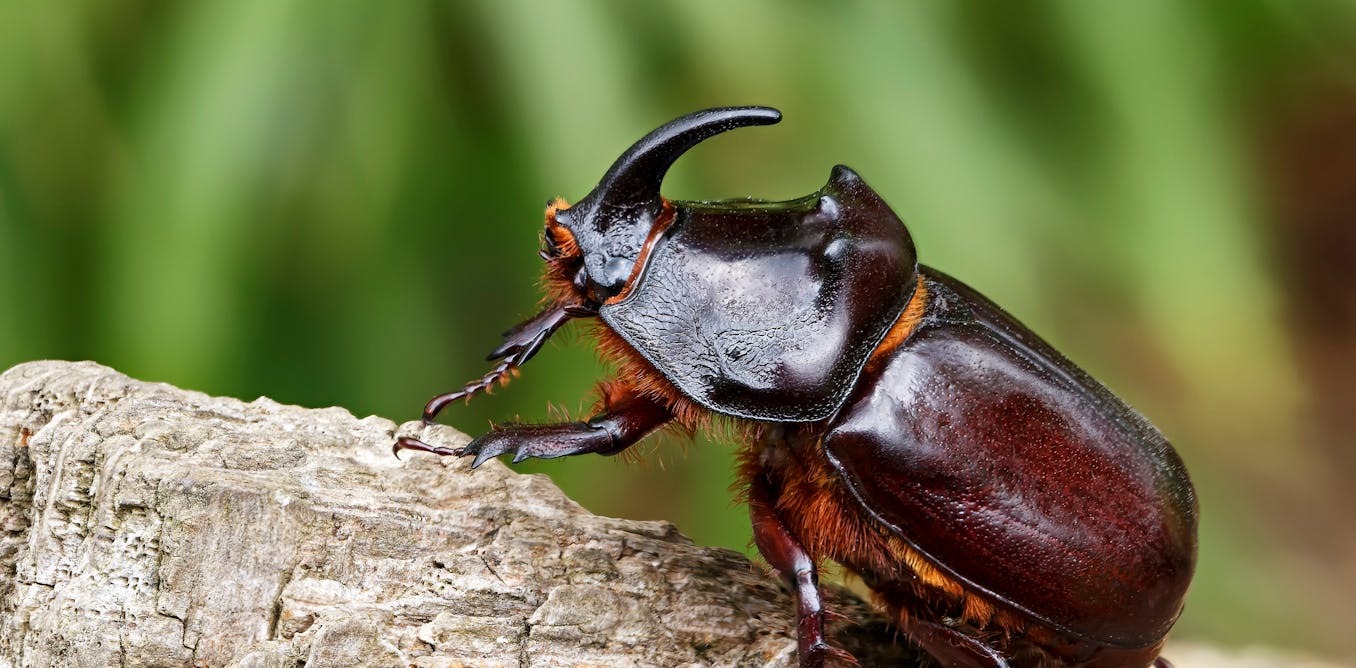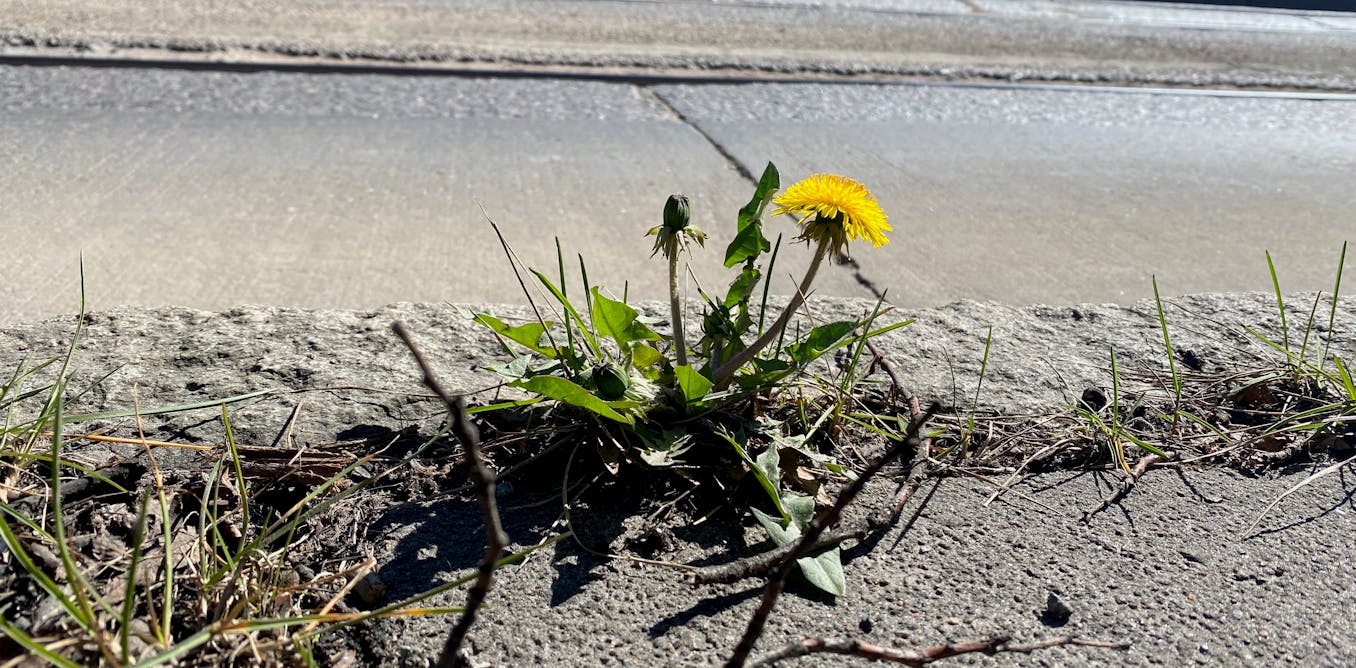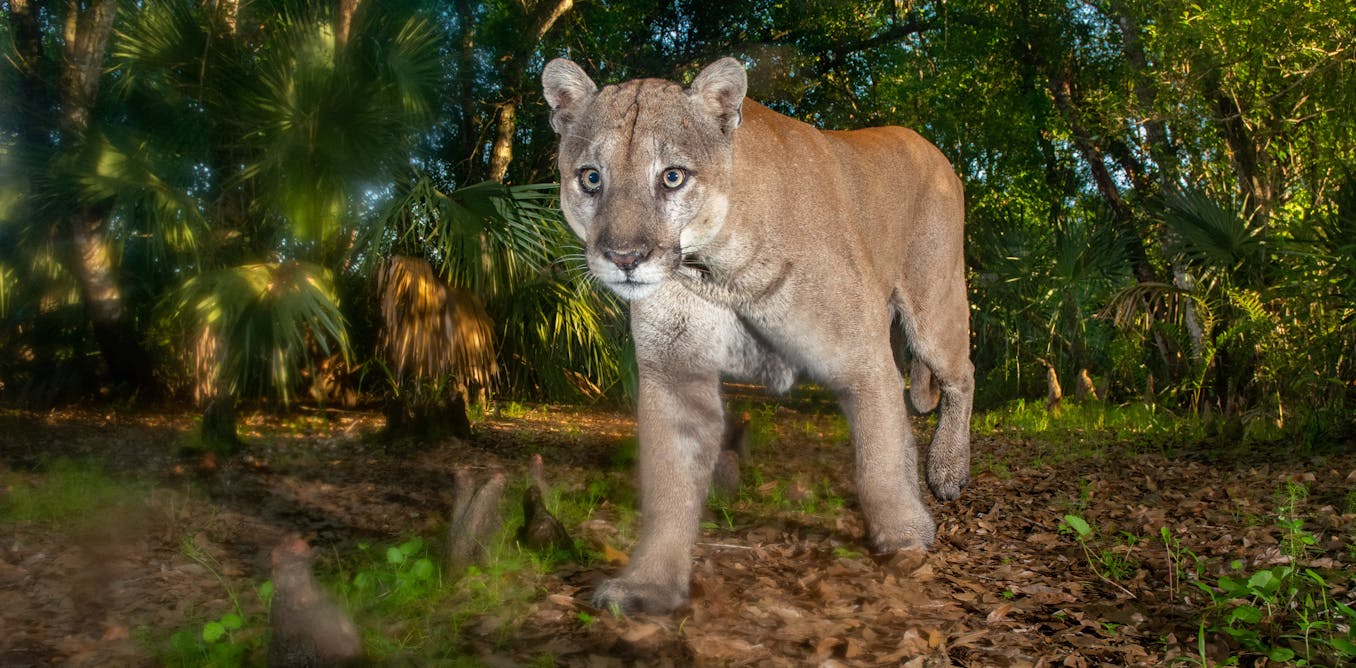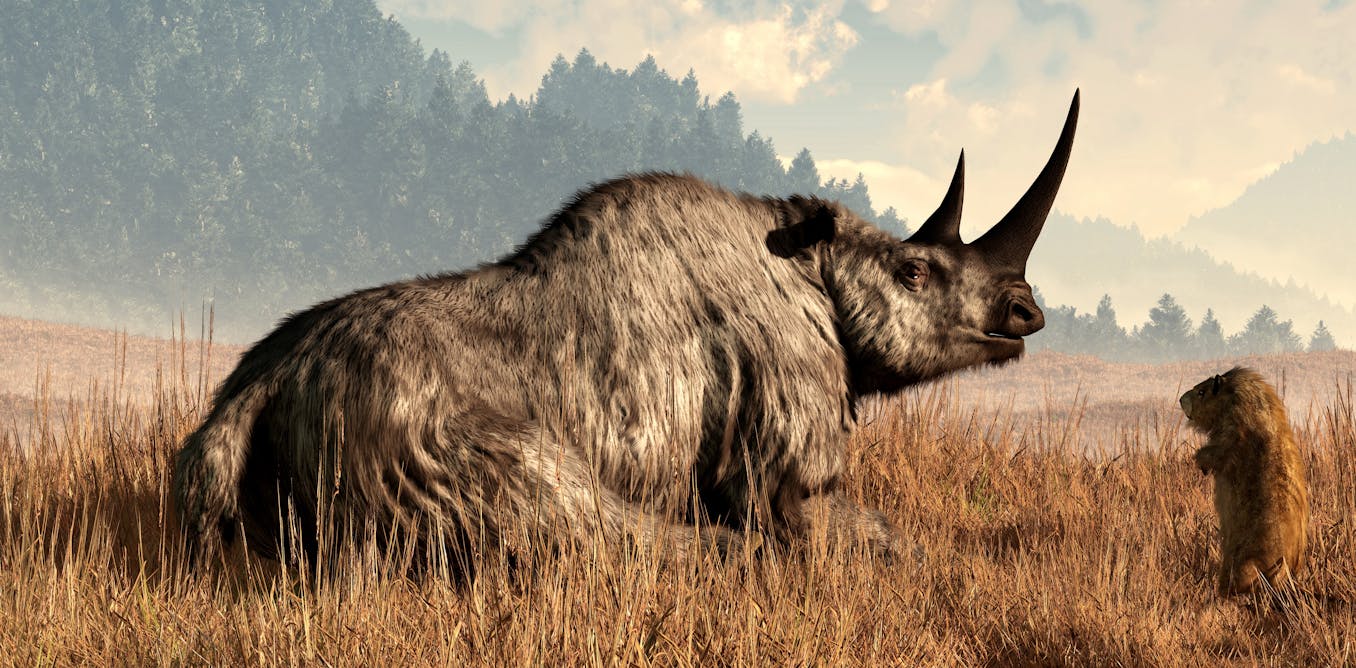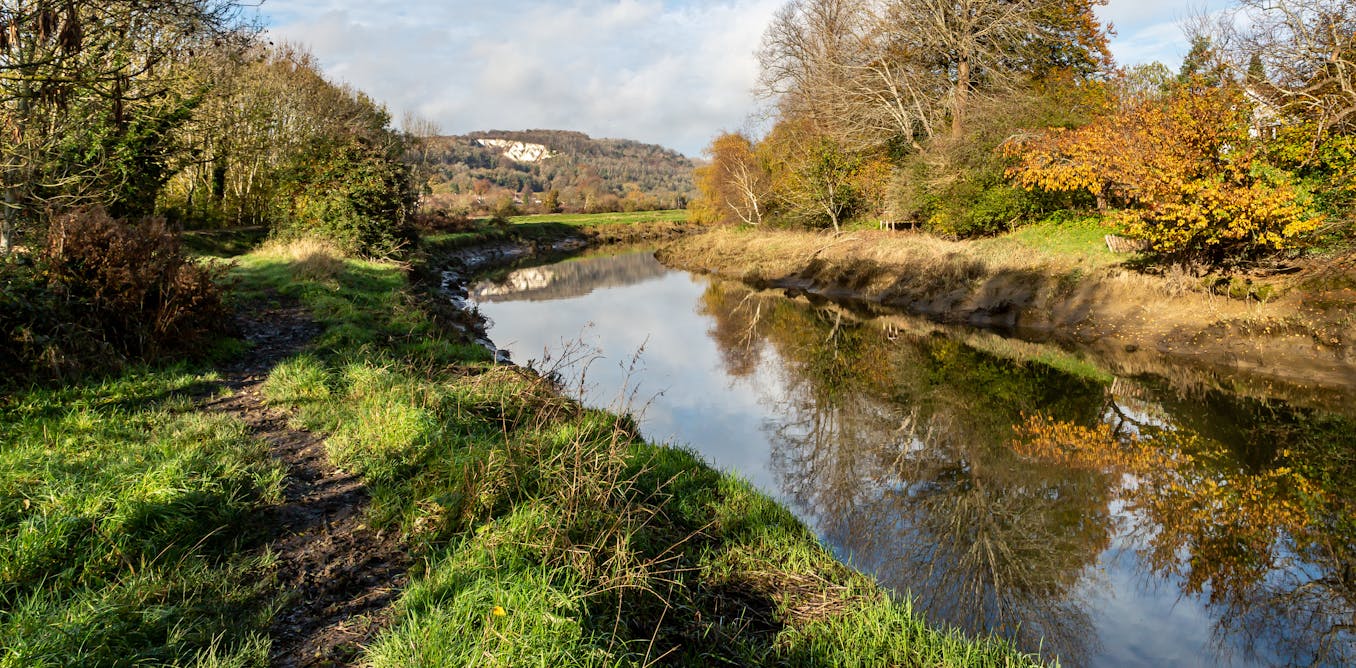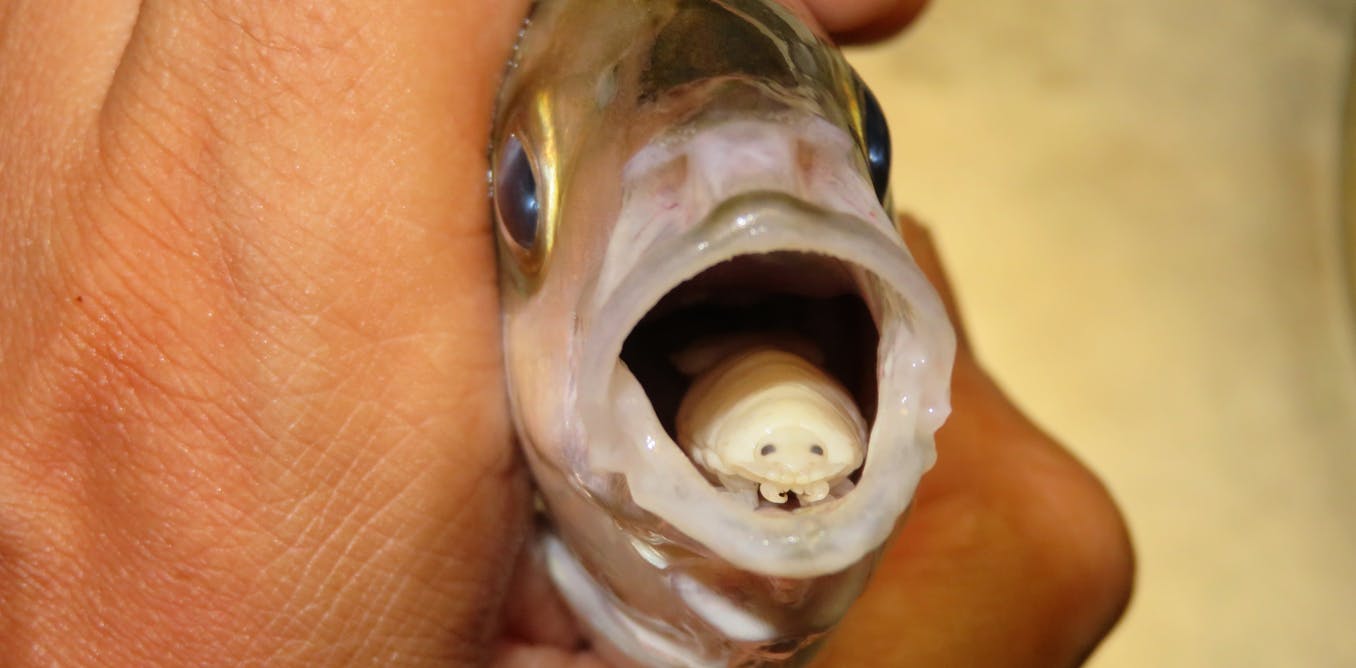Why protecting wildland is crucial to American freedom and identity
Thanks to the power of writer Wallace Stegner, Americans have for decades been able to put words to the importance wilderness holds in the nation’s history and imagination.
May 13, 2025 • ~11 min


